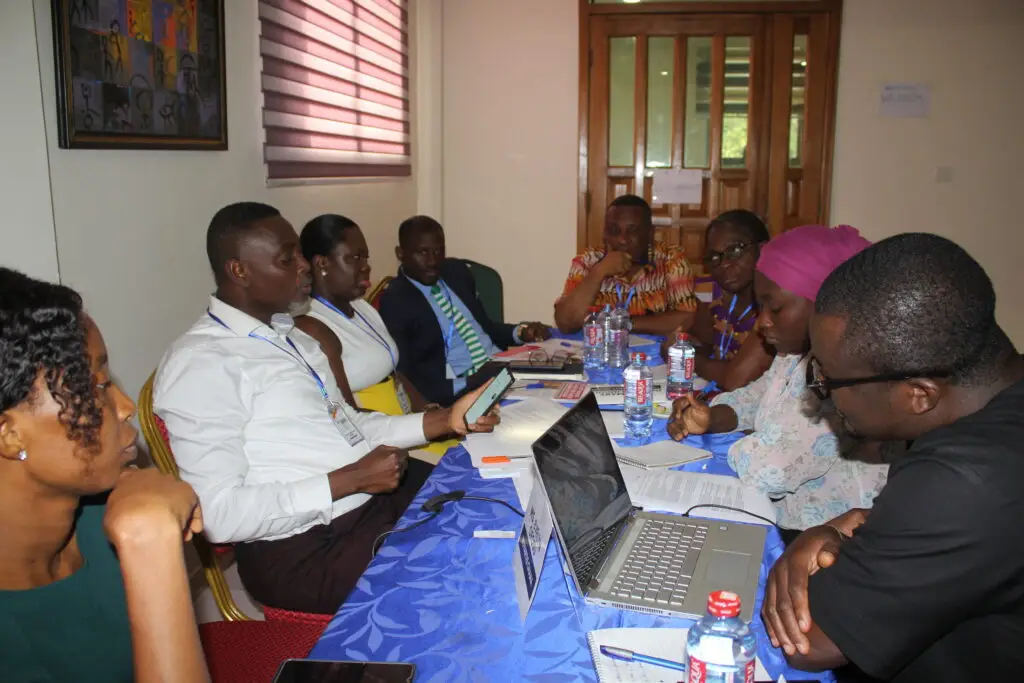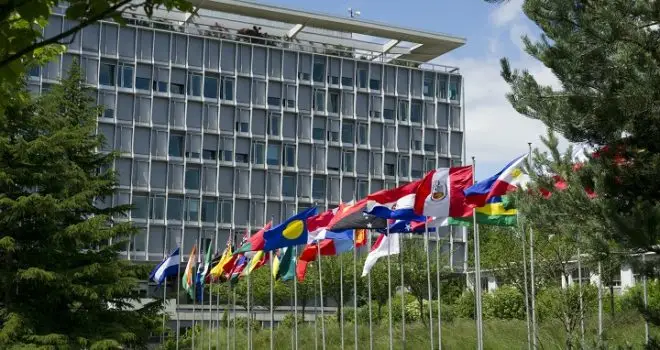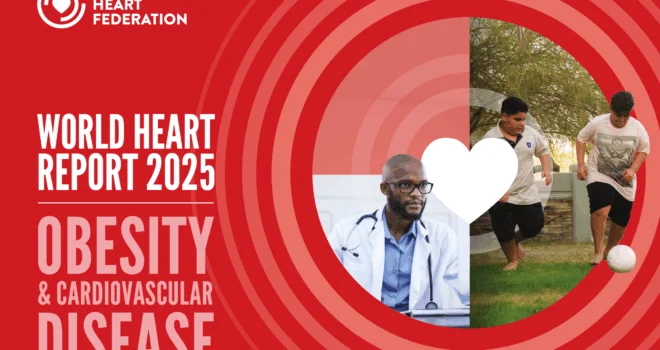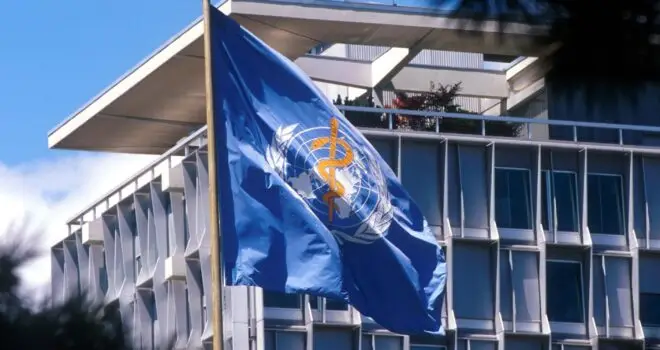On 30-31 March 2023, WHF, WHF Member SASNET and the Ministry of Health in Ghana joined forces to discuss the urgency of prevention and management of cardiovascular disease, diabetes and obesity during a WHF Roundtable. Attended by a large group of experts and advocates, the Roundtable focused on the country’s shift from managing communicable diseases to dealing with non-communicable diseases that can be caused by unhealthy habits like smoking, lack of exercise, and poor diet. The experts discussed strategies to tackle these challenges and improve overall public health in the country.
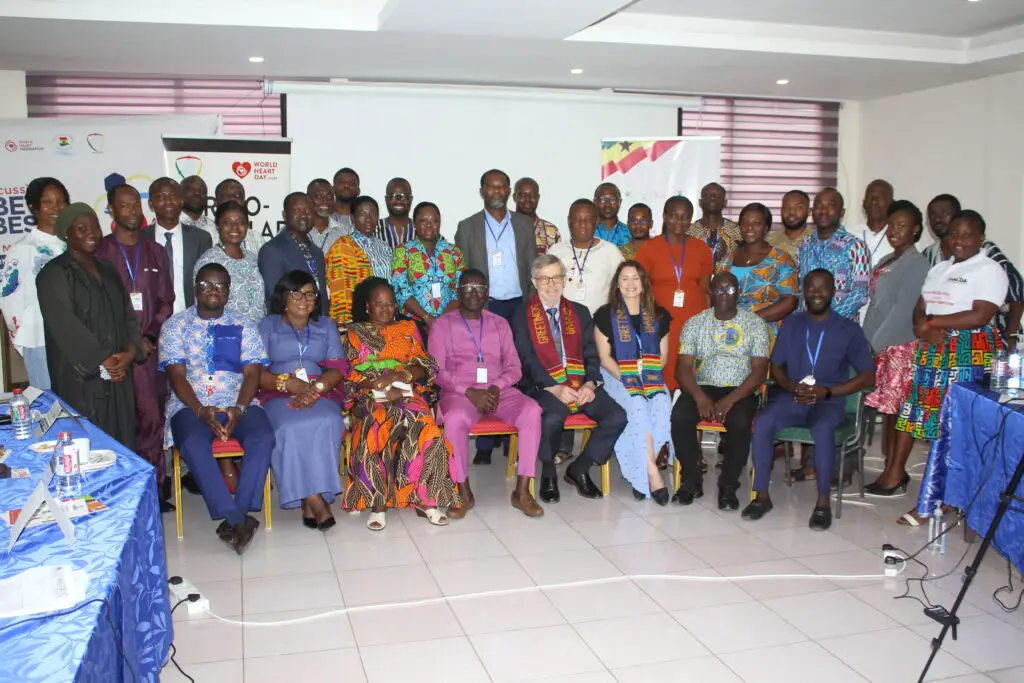
Following statements from representatives of the Ministry of Health, International Diabetes Federation, Ghana NCD Alliance, Food and Drug Authority Ghana, pharmaceutical companies and Ghana health services, the group of experts and advocates broke into smaller groups for deeper solutions-oriented discussions using the WHF Roadmap on the Prevention of Cardiovascular Disease Among People Living With Diabetes as a framework to guide discussions.
Long distances to facilities, inconsistent information provided by healthcare professionals and medical treatment costs were among the main challenges that people living with CVD and diabetes face in Ghana. A lack of specialists and underprepared community health workers make it difficult to adequately manage the rising prevalence of CVD, diabetes and obesity. Solutions were identified to address challenges at the patient, health systems and health policy and leaders levels, including:
- Diabetes and CVD are on the rise in Ghana and funding and attention to diabetes should be aligned and made a priority on the national agenda.
- Prevention of CVD and diabetes, and other related conditions, should be prioritized in initial training and ongoing professional development of all healthcare professionals.
- Targeted campaigns in local dialects for patients, caregivers and the public will help to address religious and traditional myths and misinformation, and improve patient awareness.
- Addressing the lack of involvement of the media industry, and sensitizing reporters and editors will help to raise awareness of the urgent need for action in a coordinated and coherent manner.
